
China Restricts Overseas Travel for Teachers and Public Sector Employees Amid Rising Internal Controls
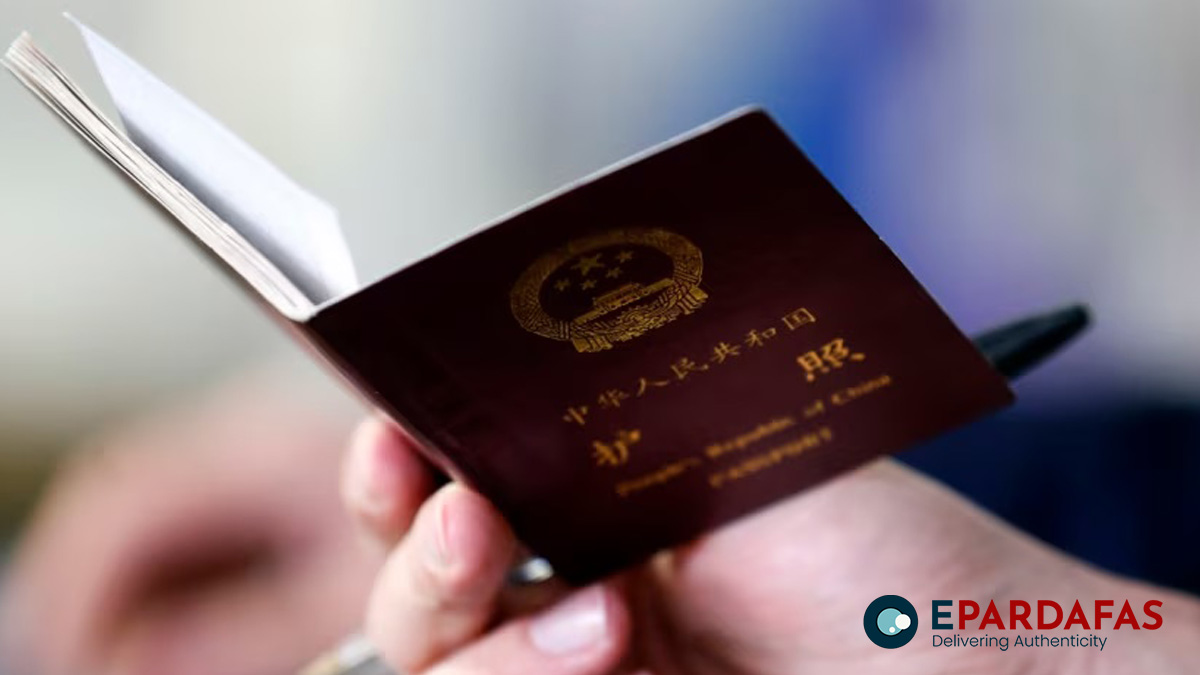
The Chinese government has ordered some teachers, civil servants, and executives of state-owned enterprises to surrender their passports, a move analysts say reflects a return to internal controls not seen since Mao Zedong’s era. This action is part of President Xi Jinping’s broader strategy of tightening domestic control amid concerns about foreign influence and economic instability.
Hong Jingfu, a professor at Taiwan’s National Cheng Kung University, explained that the Chinese Communist Party (CCP) aims to prevent the leakage of sensitive information and stem foreign infiltration. The policy, which has been progressively enforced since Xi’s rise to power in 2012, also seeks to curb the potential exodus of talent and capital as confidence in the Chinese economy wanes.
According to Hong, the CCP fears that economic uncertainty could lead to a decline in loyalty to Xi’s regime, prompting a push to control movement and reinforce national security. The strategy aligns with Xi’s “internal control and external defense” approach, recalling Mao-era tactics of insulating the country from foreign influences.
Reports have surfaced since 2022 of an increasing number of public sector employees and teachers being required to submit their passports. Many have been advised to avoid contact with “foreign, hostile forces” while abroad. The Financial Times noted that Chinese authorities are particularly focused on preventing educators from being influenced by foreign ideas that could be considered contrary to state ideology.
A professor at a university in China’s Fujian province told VOA Mandarin that teachers must report their overseas trips, including the purpose, funding, and duration, before their passports are returned. Even retirees are required to hand over travel documents, and they can only retrieve them five years after retirement.
This measure appears to contravene Chinese law, which states that only public security organs or courts have the authority to confiscate identification documents. However, the practice has become more prevalent under Xi’s administration, reflecting a broader trend of heightened domestic control.
Wang Jian, a U.S.-based commentator, remarked that while China depends heavily on foreign trade, it cannot fully revert to Mao-era isolation. Despite tightening restrictions, China’s economy relies on both exporting products and importing raw materials, making it unlikely that the nation could close itself off entirely.
These restrictions come at a time when China’s economy is facing headwinds, with consumer confidence and spending declining. Xi’s government has introduced stimulus measures to combat the downturn, but analysts argue that limiting international exchanges through travel restrictions could further stifle economic growth.
During the COVID-19 pandemic, China implemented strict travel controls, which resulted in rare public protests known as the “White Paper Movement.” The current passport seizures are being seen as part of a broader strategy to reassert internal control, but some experts warn that this could accelerate domestic discontent rather than resolving internal challenges.
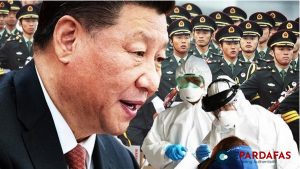
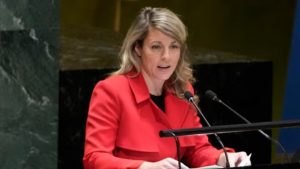
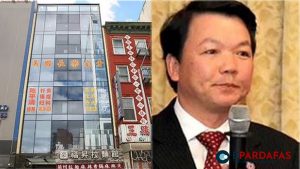
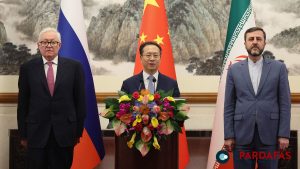



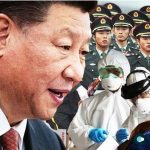



Comments